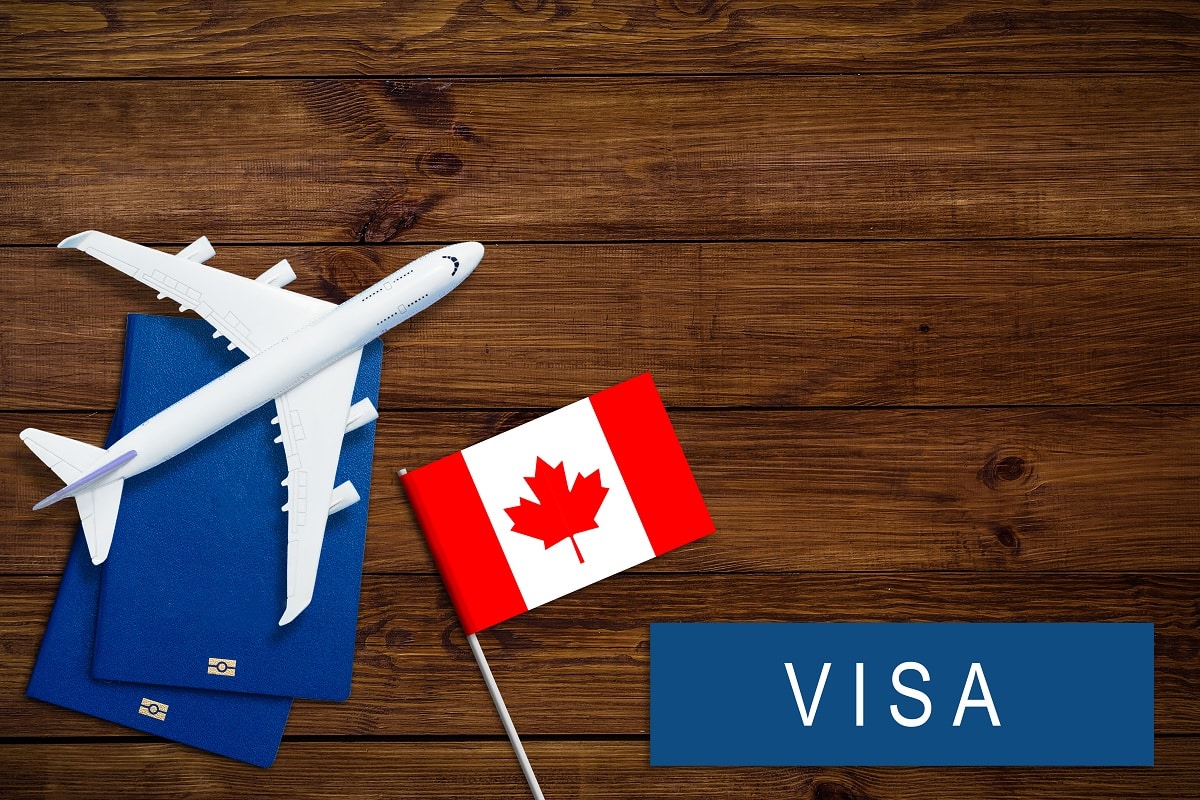When you’re moving to the UK for the first time—whether for work, study, or a new start—finding a place to stay quickly becomes one of your biggest concerns. You can’t just arrive without a plan. And if you’re not prepared, you might end up spending too much or living somewhere that doesn’t feel safe, clean, or even legal.
Let’s be honest: housing in the UK can be expensive and confusing. Prices change fast, and options vary depending on where you’re going. But if you know where to look and what to avoid, you can find a place that’s not only affordable but also reliable and close to the things you need. This guide is for immigrants who are new to the UK and want a clear, straightforward way to find short-term housing without stress or surprises.
Why temporary housing matters when you first arrive
Before you start thinking about signing a long-term contract or picking out furniture, you need somewhere to live temporarily. This could be for a few weeks or a couple of months—just enough time to settle in, find work, explore the area, and figure out where you actually want to stay long-term.
Temporary housing gives you space to:
-
Adjust to life in the UK without pressure
-
Apply for jobs or attend interviews
-
Get familiar with public transport and local shops
-
Avoid rushing into bad rental contracts
Many immigrants who arrive without a proper housing plan end up spending too much on hotels or being forced to stay far outside the city just because it was the only thing available. That’s not the situation you want.
What kind of short-term housing can you find?
There isn’t just one type of temporary housing in the UK. You have a few different options, and what works best depends on your budget, location, and how long you need to stay. Here’s a breakdown:
1. Hostels and Budget Hotels
Hostels aren’t just for tourists or students. Many offer private rooms and discounted rates for longer stays. Some even include free breakfast and internet. If you’re staying in a major city like London, Manchester, or Birmingham, hostels are one of the easiest places to book before you arrive.
Sites to check: Hostelworld, Booking.com
Also called “flatshares,” this is where you rent a room in a house or flat with other people. You usually get your own bedroom and share the kitchen, bathroom, and living space. These are cheaper than private rentals and are very common in UK cities.
3. Short-Term Rentals / Sublets
Some landlords rent their properties for 1 to 3 months while they’re away. These usually come fully furnished. They’re more flexible and can be great if you want more privacy than a shared house.
4. University Accommodation (for students only)
If you’re moving for study, check if your school offers temporary housing before your course begins. Some universities allow early arrivals or short-term stays for international students.
How much does temporary housing really cost?
Prices depend a lot on where you’re going. London is the most expensive city, while smaller towns and cities in the North or Midlands are more affordable. Here’s a rough idea:
-
London (zone 1–3): £600–£900 per month for a shared room
-
Manchester / Birmingham: £400–£700 per month for a shared room
-
Glasgow / Cardiff / Leeds: £350–£600 per month
If you’re only staying for a few nights or a week, daily rates apply. Hostels might cost around £20–£40 per night for a shared room or £50–£70 for a private room.
Always check if bills are included. Some landlords or hosts include gas, water, electricity, and internet in the price. Others don’t, and you’ll need to budget an extra £80–£150 per month for those.
What to check before booking anything
It’s easy to get caught out by scams or bad deals, especially if you’re desperate or unfamiliar with the UK system. Before you send any money or agree to anything, check the following:
-
Ask for photos and full address
-
Check reviews if using platforms like Airbnb or SpareRoom
-
Avoid paying cash or via direct bank transfer to individuals
-
Use platforms with verified listings or secure payment systems
-
Ask if bills are included (gas, electricity, water, internet)
-
Check transport connections — how close is the house to the nearest bus stop or train station?
If something feels off, walk away. It’s better to pay slightly more for a secure booking than lose your money to someone pretending to rent a property.
What documents you might need
Most short-term rentals don’t ask for much paperwork, but it’s still a good idea to have the following ready:
-
Copy of your passport or visa
-
Proof of arrival (flight booking or visa entry date)
-
Proof of payment if you’ve paid in advance
-
Your contact number and email
For shared houses or longer short-term stays, some landlords may ask for:
-
Employment reference or proof of job search
-
Bank statement or proof you can afford the rent
You don’t need a UK bank account right away for many short-term options, but opening one will help once you look for long-term housing.
When should you start looking?
Start early. You can begin searching 2–4 weeks before your arrival date. For hostels and short lets, you can book online from abroad. For shared houses, it’s better to wait until you arrive, view in person, and meet your potential housemates.
If you have no place lined up at all, book at least 5–7 days of temporary accommodation like a hostel or Airbnb before you fly. This gives you breathing space to find something better once you’re on the ground.
Final thoughts
Finding temporary housing as an immigrant in the UK doesn’t have to be stressful—but you need to approach it with a clear plan. Don’t just hope something will work out last minute. Look at your options, decide what fits your budget, and use trusted platforms that offer protection.
The first few weeks in a new country are already full of challenges. If your housing is sorted—even just for a short time—you’ll be able to focus on what really matters: settling in, finding work, and building your new life in the UK with confidence.
Helpful Links


